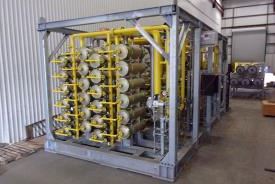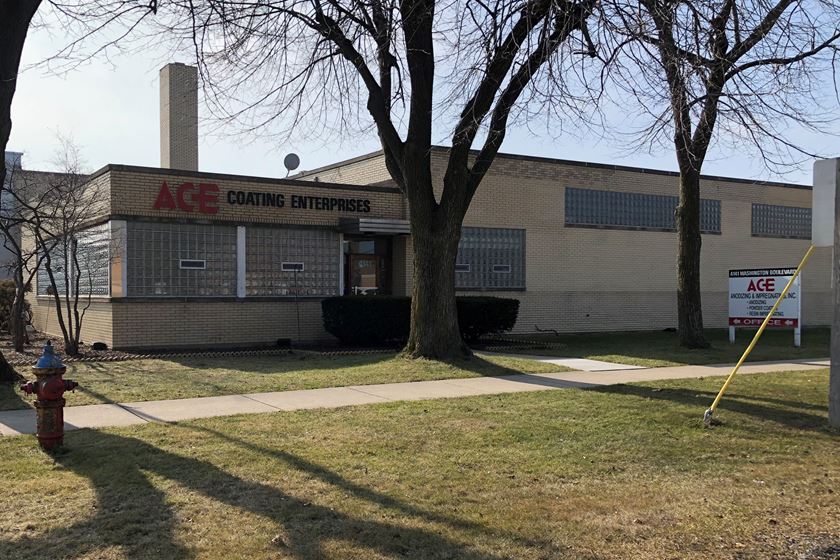A Successful Business Owner’s Dilemma
How to invest your accumulated cash profits
#management
Business owners have many legitimate complaints these days: taxes, regulations, competition (from home and abroad), can’t find good people. The list goes on and on. Always has. Always will.
Yet the pride of the American capitalistic system is the successful family business. These entrepreneurs have found their way through, around or over the seemingly endless obstacles to become a “successful business owner.” An SBO for short.
Featured Content
For the purposes of this article, SBOs have excess funds to invest. Typically these excess funds are in one (or more) of three places: (1) still in the business, (2) in their (or spouse’s) name or (3) in a qualified plan.
Over the years, the quote that follows has been nicknamed the SBO’s lament: “I know how to make money in my business… but when it comes to making money with my investment money, either I don’t have time to watch it, don’t know how to watch it or rely on my investment advisor. When the market is up, my advisors do fine… when it’s down, they do lousy.”
For the past couple of years, the lament usually ends with, “Now the market is lousy (or down, or uncertain or similar words). What should I do?”
(Note: Yes, yes… millions of Americans—other than SBOs—have the same investment dilemma: “Where do I invest my money?”)
Now, regular readers of this column know that your author is a tax planner: finding legal ways to avoid all types of taxes—particularly estate taxes. To do this requires—among other things—getting my client’s personal balance sheet.
Here’s what I can tell you the balance sheets reveal about the investments of SBOs (and also other estate planning clients). Their success (or failure) in the stock market and a myriad of other investments, in general, mirrors the Dow Jones: happy on the way up and painful on the way down. Usually, real estate investments are a winner.
Now what about that excess cash? Terrible results. Almost always the investments are conservative: divided between (1) CDs and money market funds, (2) municipal bonds and (3) a “zillion” variety of annuities. After taxes and inflation, your net earnings on (1) investments are typically less than 3%, sometimes even negative. Those income tax free bonds, (2), not only have a low rate of return but fall in value when interest rates rise. Annuities, (3), could fill a large book to describe all the varieties and, most of all, the complaints from clients. Never, not once, has a client told me that he/she is happy with the results of an annuity. (Sure would like to hear from a reader who has personally had a positive experience with any annuity.)
As you can imagine, almost every estate planning consultation with an SBO—and other clients—requires serious consideration concerning the client’s investments: safety, risk, tax consequences, rate of return and other factors. We discuss alternate investments, considering, among other things… profitability, risk and how taxed.
Currently, the most popular alternative investment is senior settlements (SS), also called Life Settlements. The following quote from “The Wall Street Journal” and “USA Today” (and other sources) tells you why SS are becoming such a popular investment.
“Life Settlements [has become a] trillion dollar industry… dominated by institutional investors including Berkshire Hathaway (billionaire Warren Buffet’s company), AIG and CNA. Their pursuit of this market is related to the degree of safety, high yields in excess of 15% per year and the fact that a Life Settlement is not affected by market forces.”
“Life settlements are a very good option for the investor that has as his or her investment philosophy a desire for a secure, safe and “no risk” investment… It is for your “nest egg” money… It is not considered a security by SEC. Therefore it is not normally provided as an investment option by stock brokers.”
Of course, your question is… “Can a little guy (as opposed to an institutional investor) invest in SS. Yes, it’s all made possible by a small publicly traded (on the NASDAQ) company. Its average rate of return an SS investments has been 16.28% per year on average during the company’s 14-year operating history.
If you want to make a killing on your investments, SS are not for you. But if a 16% plus rate of return, with no market risk is of interest to you, contact me about SS.
RELATED CONTENT
-
Bridging the Sales-Operations Divide
Matt Kirchner recently assembled a group of manufacturing industry sales and operations professionals to define "Rules of Engagement," a group comprised of seven individuals with combined experience exceeding 120 years. Here's what they came up with.
-
Valence Surface Technologies Sold to Investment Groups
ATL Partners and British Columbia Investment Management purchase Texas-based Valence.
-
Understanding and Managing White Spots on Anodized Aluminum
Having trouble with spotting defects when anodizing? Taj Patel of Techevon LLC offers a helpful overview of the various causes of white spots and potential solutions.


















